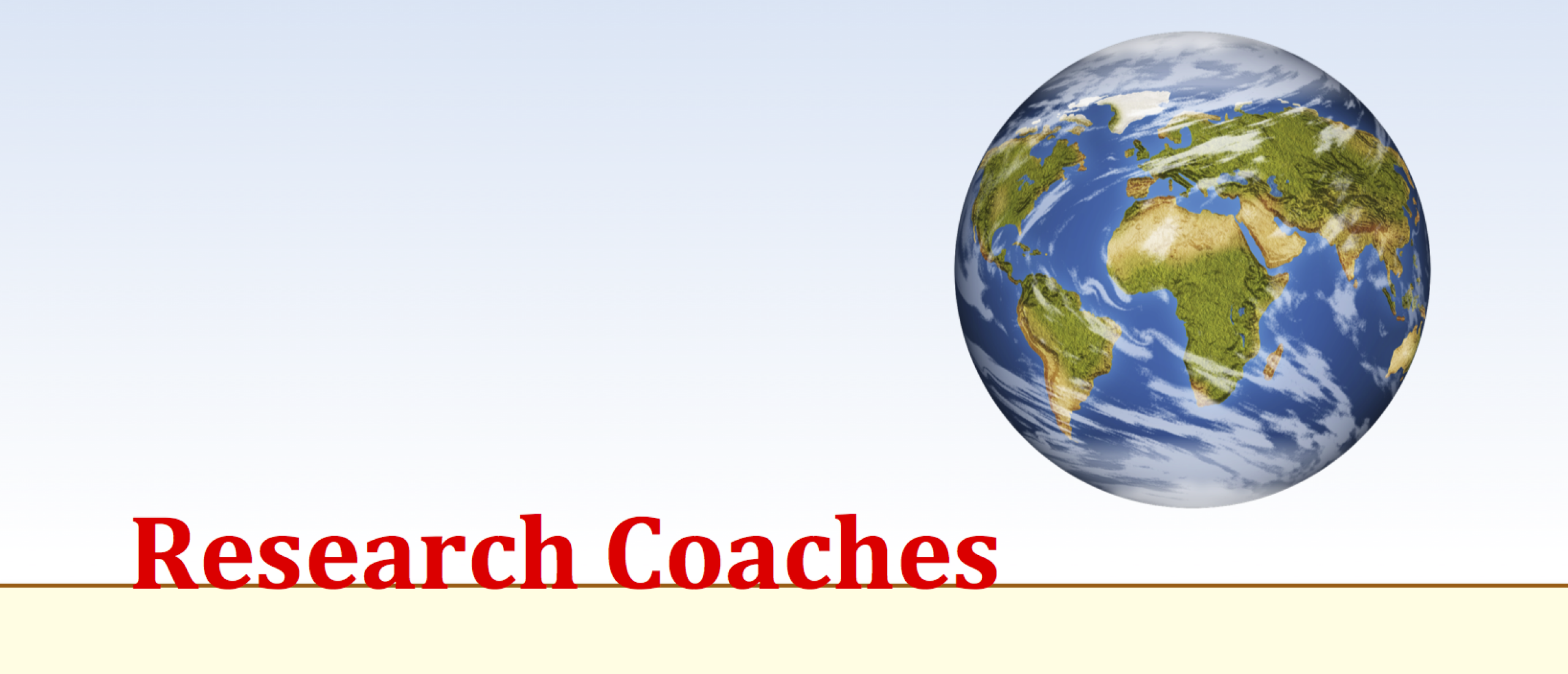
Theory
A theory is an idea about how the empery (the real world) is functioning.
This definition is quite different from - let us say - 50 years ago. In these days a theory is defined like: a bunch of statements about the empery. Though our definition may look like a minor change, it has a big impact.
First of all, a theory is an idea. It doesn’t have to be a bunch of statements written on a (virtual) piece of paper.
Secondly, it implicates that ideas can be tested and that it is not necessary to have a complete theory. In fact, a theory is not necessary to test an idea. This gives a completely different view of scientific research.
Thirdly, in the past a theory always had to be drawn up first. Without a theory a hypothesis cannot be derived. The theory itself is therefore never tested directly and cannot be abandoned on the basis of the results of a study.
The testing of ideas does not mean that theories are not useful. On the contrary. It is always good to read different theories on the subject of research to see if the idea has not been investigated before. If this is the case, it is not necessary to spend a lot of time, money and effort repeating the investigation. However, it is always good to replicate a study, because a single research does not prove the empery is always reacting the same way. Only when studies get over and over again the same results, and over and over again the same conclusions are drawn, the theory becomes empirically grounded.
Furthermore, with our definition it is a lot easier to make (small) changes in a theory. The explanation model can be extended with new aspects. New conceptual models can be tested and new operationalisations of terms can be explored without rejecting the theory completely. Working this way makes science more fruitful, both for the fundamental aspects and for the practical aspects.
Related topics to theory:
A graph of your research makes your research a lot easier.
Learn how to analyze your data quick and easy with our SPSS tutorials.



